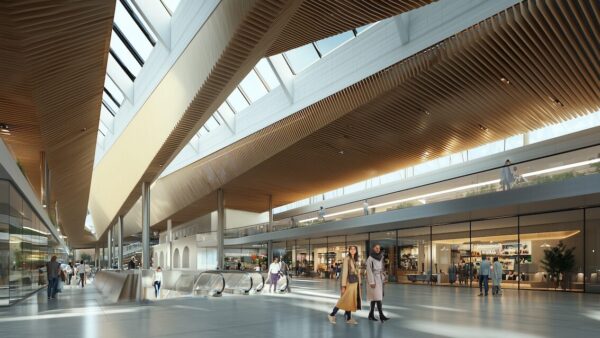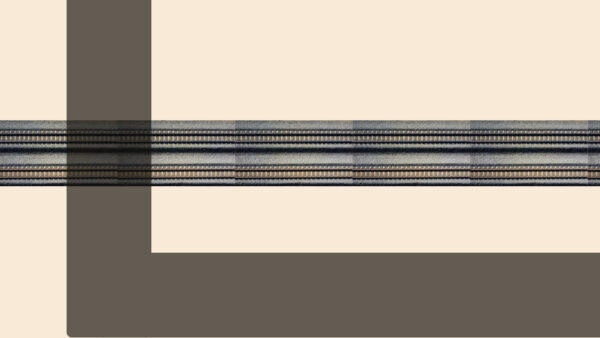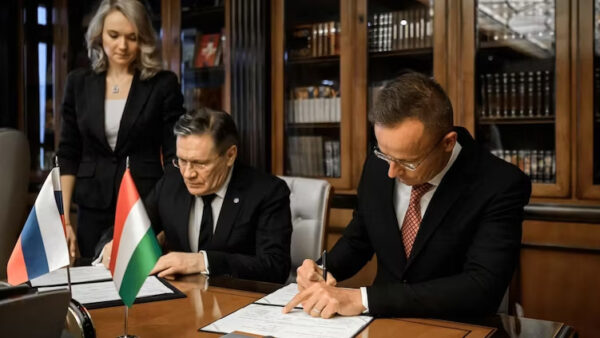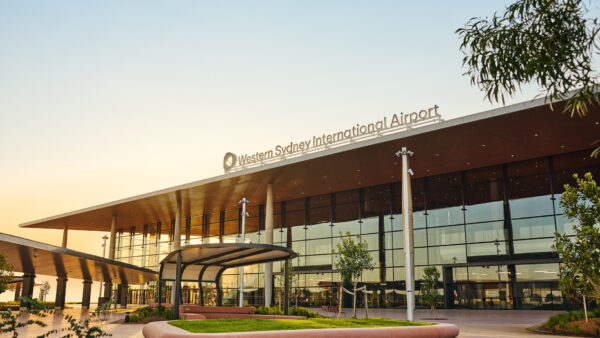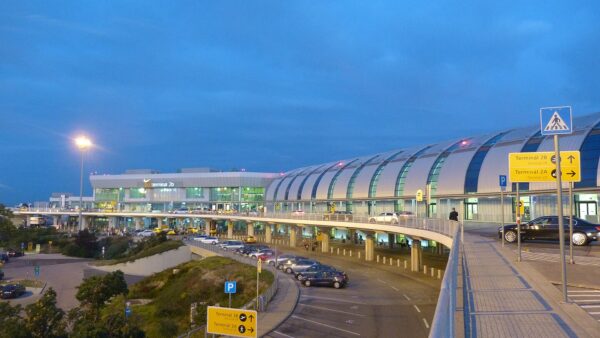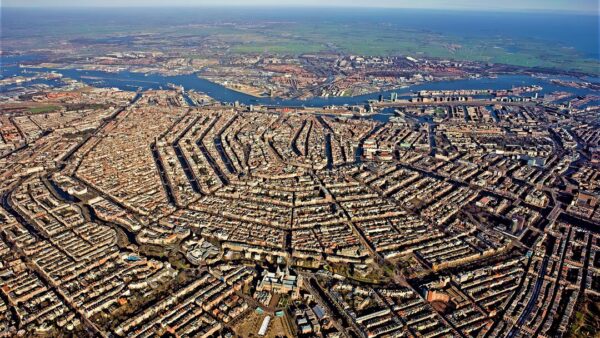Thailand has appointed a heavy-weight Japanese consortium to deliver trains, signalling and other elements for an ambitious elevated commuter railway designed to ease congestion and pollution in traffic-snarled Bangkok.
The joint venture of Mitsubishi Heavy Industries (MHI), Hitachi and Sumitomo Corporation will provide all electrical and mechanical systems in a contract worth around $920m (32.399 billion baht) to power the 31km Red Line mass rapid transit system for Thai capital, which this month was ranked second most congested in the world.
The contract, awarded by State Railway of Thailand (SRT), follows Japanese part-financing of the project and gives the firms 1,440 days (just under four years) to complete the engineering, procurement and construction of the electrical and mechanical systems – meaning they should be ready in 2020.
Hitachi will provide the trains, MHI will design and procure other systems while Sumitomo will manage local installation, MHI said in a statement yesterday.
The Red Line is one of the mega infrastructure programmes Thailand’s military government is pursuing. It sees two elevated rail lines extending outward from Bang Sue Station in the centre – one heading 26.4km north and the other 14.6km line to the west.
The government hopes the Red Line will help alleviate the misery and fumes caused by the legendary traffic in the city of 8.2 million people.
Earlier this month Dutch navigation firm TomTom ranked Bangkok as the second most congested city in the world, just behind Mexico City. In the Thai capital, traffic bumps journey times up by 57% on average, by 85% in the morning rush, and by a whopping 114% in the evening.
Japan is helping to finance the Red Line. The northern spur will be constructed using a loan from the Japan International Cooperation Agency (JICA), while the Thai state will fund the west line.
The contract includes the design and build of trackworks, overhead catenary system, power supply, signalling, communications and rolling stock. It excludes civil and building works.
MHI’s track record in railway projects includes the Taiwan High Speed Rail and the Dubai Metro, while Sumitomo has worked on railway projects in South East Asian countries, the US and Taiwan.
Photograph: Vexed commuters in Bangkok see journey times increased by 114% in the evenings, thanks to traffic (Milei.vencel/Wikimedia Commons)

